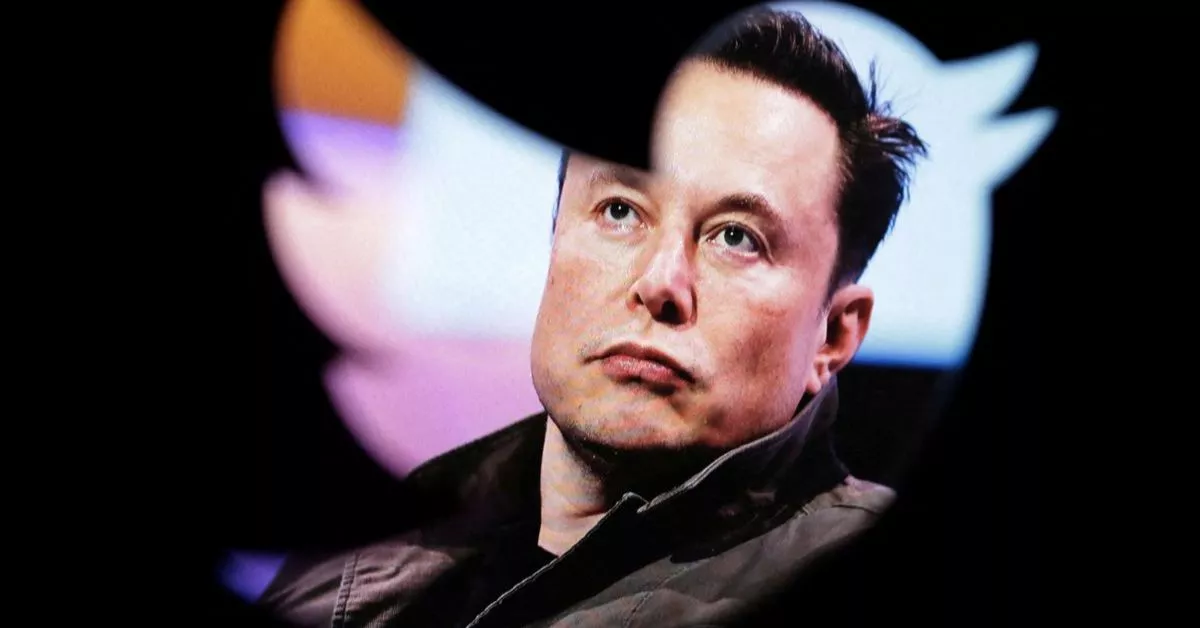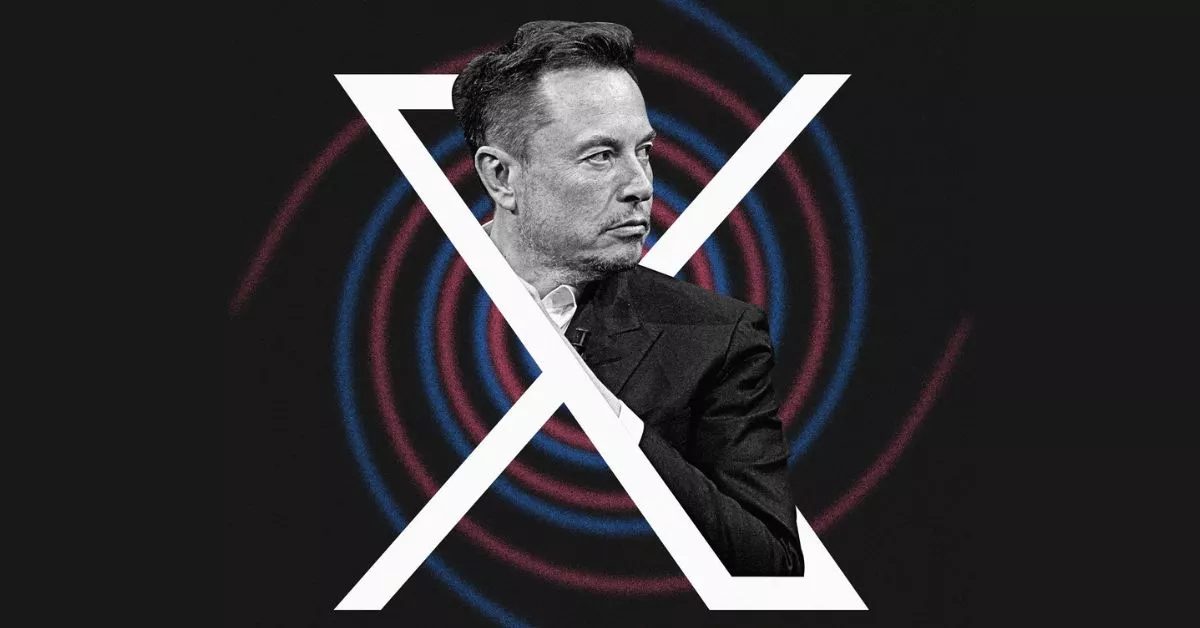The recent acquisition of X by Elon Musk has sparked questions about the company’s future financial stability. While Musk is a serial entrepreneur with a proven track record of success, X has a history of financial difficulties. So, could X go bankrupt under Elon Musk?

X’s Financial History
X has a long history of financial struggles. The company has never been profitable, and it has relied heavily on debt financing to stay afloat. In 2022, X’s debt burden was over $1.2 billion, and it was paying over $1.2 billion per year in interest payments.
In recent years, X has taken steps to improve its financial situation. The company has cut costs, laid off employees, and raised new capital. However, it remains unclear whether these measures will be enough to turn the company around.
Elon Musk’s Track Record
Elon Musk is a successful entrepreneur with a track record of turning around struggling companies. He co-founded Tesla, which is now the world’s leading electric vehicle manufacturer. He also founded SpaceX, which is now a major player in the aerospace industry.
Musk has a reputation for being a visionary and innovative leader. He is also known for being a risk-taker. Some people believe that Musk’s risk-taking could lead X to financial ruin. Others believe that his leadership is exactly what X needs to succeed.
Factors That Could Lead to X’s Bankruptcy
There are several factors that could lead to X’s bankruptcy under Elon Musk. These include:
- The company’s high debt burden: X’s debt could make it difficult for the company to raise additional capital or make acquisitions.
- The company’s history of losses: X has never been profitable, and it could be difficult for the company to turn a profit under Musk.
- Musk’s risk-taking tendencies: Musk is known for being a risk-taker, and this could lead to X making risky decisions that could jeopardize its financial stability.
Factors That Could Help X Avoid Bankruptcy
There are also several factors that could help X avoid bankruptcy under Elon Musk. These include:
- Musk’s leadership: Musk is a visionary and innovative leader, and he could help X develop new products and services that could make the company profitable.
- The company’s strong brand: X has a strong brand that is recognized around the world. This could help the company attract new customers and partners.
- The company’s potential for growth: X operates in a large and growing market, and there is significant potential for growth if the company can execute its strategy.

Conclusion
It is too early to say definitively whether X could go bankrupt under Elon Musk. The company faces significant challenges, but it also has the potential for growth. Musk’s leadership could be the key to X’s success or failure.
Only time will tell whether X will be able to overcome its financial challenges and emerge as a profitable and successful company under Elon Musk’s leadership.
Frequently Asked Questions
What is AI?
AI, or artificial intelligence, is the simulation of human intelligence in machines that are programmed to think like humans and mimic their actions. The term may also be applied to any machine that exhibits traits associated with a mind such as learning and problem-solving.
What are the different types of AI?
There are two main types of AI:
- Narrow AI (weak AI): Also known as artificial narrow intelligence (ANI), weak AI is focused on a specific task or problem. For example, a chess-playing computer or a spam filter are both examples of narrow AI.
- Artificial general intelligence (AGI): Also known as strong AI, AGI refers to a hypothetical type of AI that has the ability to understand and reason at the same level as a human. AGI does not yet exist, but it is the ultimate goal of many AI researchers.
What are some of the benefits of AI?
AI has the potential to revolutionize many aspects of our lives, including:
- Healthcare: AI can be used to develop new drugs and treatments, improve diagnostic accuracy, and provide personalized care.
- Transportation: AI can be used to develop self-driving cars, improve traffic flow, and make transportation more efficient.
- Education: AI can be used to personalize learning, provide real-time feedback, and make education more accessible.
- Customer service: AI can be used to provide 24/7 customer support, automate tasks, and improve customer satisfaction.
What are some of the risks of AI?
There are also some potential risks associated with AI, including:
- Job displacement: AI could automate many jobs, leading to widespread unemployment.
- Weaponization: AI could be used to develop autonomous weapons that could kill without human intervention.
- Surveillance: AI could be used to create Orwellian surveillance systems that could track our every move.
What is the future of AI?
AI is still in its early stages of development, but it has the potential to transform our world in profound ways. It is important to carefully consider the potential risks and benefits of AI as we develop and deploy these technologies.










